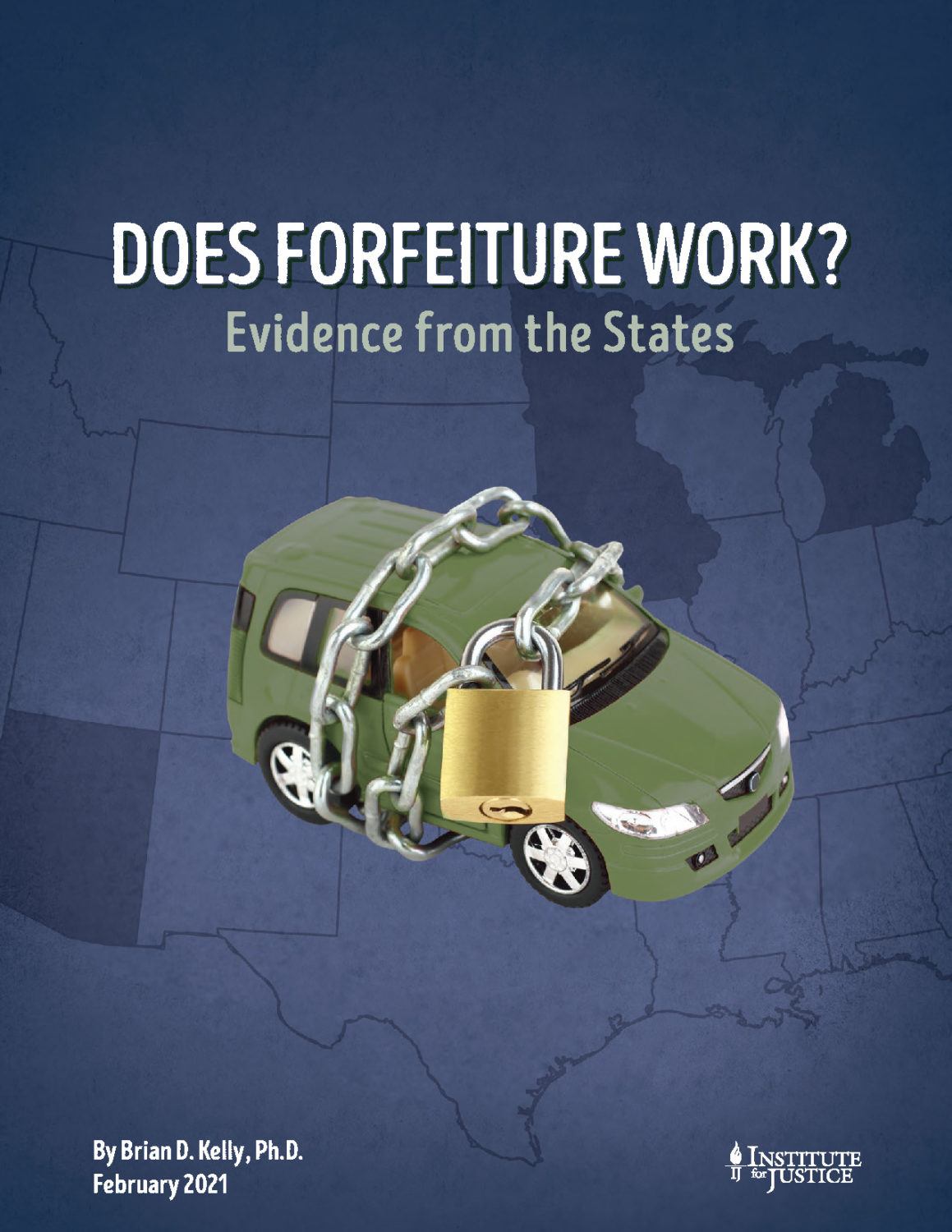
What is Civil Forfeiture?
Civil forfeiture laws allow the government to take cash, cars, homes and other property suspected of being involved in criminal activity. Unlike criminal forfeiture, with civil forfeiture, the property owner doesn’t have to be charged with, let alone convicted of, a crime to permanently lose his property.
40+
STATES ALLOW LAW ENFORCEMENT AGENCIES TO KEEP PART OR ALL OF THE CIVIL FORFEITURE PROCEEDS
80%
UP TO 80% OF VICTIMS AREN’T CHARGED WITH A CRIME
9/10
FORFEITURES ARE
UNCONTESTED
Your property or theirs?
Once your property has been seized by the government there is a byzantine process to get it back. See the steps and pitfalls for navigating a federal forfeiture case in this comprehensive overview.
Frequently Asked Questions about Forfeiture
Are you a victim of Civil Forfeiture?
Civil forfeiture laws allow the government to take cash, cars, homes and other property suspected of being involved in criminal activity.
UPDATES

New Study: Nearly 2,000 Forfeiture Cases Have Gone Unreported, Leaving Indiana Lawmakers in the Dark
ARLINGTON, Va.—Every year, Indiana prosecutors produce reports for lawmakers detailing forfeiture activity in the state. But a new study from the Institute for Justice (IJ), […]

Texas Appeals Court Reverses Forfeiture of Innocent Americans’ Life Savings and Orders Harris County to Return the $41,680 It Seized
Today, the Texas First Court of Appeals reversed a Harris County civil-forfeiture judgment entered after a six-day jury trial and rendered judgment for Institute for Justice (IJ) […]

Georgia Veteran Wins Fight to Get Back Every Dollar Wrongly Seized by DEA at the Atlanta Airport
ATLANTA—Army veteran Brian Moore was trying to fly to Los Angeles to record a video to support his music career, but just before he boarded […]

Legal Challenge to FBI’s Barebones Forfeiture Notices Will End
WASHINGTON—A legal challenge to FBI forfeiture notices that do not clearly state what crimes a property owner has committed will end after the suit was […]

Court Approves Class Action Lawsuit Against County Seizures of Money at Indianapolis FedEx Hub
INDIANAPOLIS—Last year, Henry and Minh Cheng sued the Marion County Prosecutor over that office’s practice of forfeiting cash routed through the busy FedEx processing center […]

Court Rules Rochester Woman Not Entitled to Fees or Interest After Police Seized Her Money Without Suspecting Her of Crime; Woman Will Appeal
ROCHESTER, N.Y.—On Monday, the United States District Court for the Western District of New York ruled that a Rochester woman was not entitled to attorney […]



